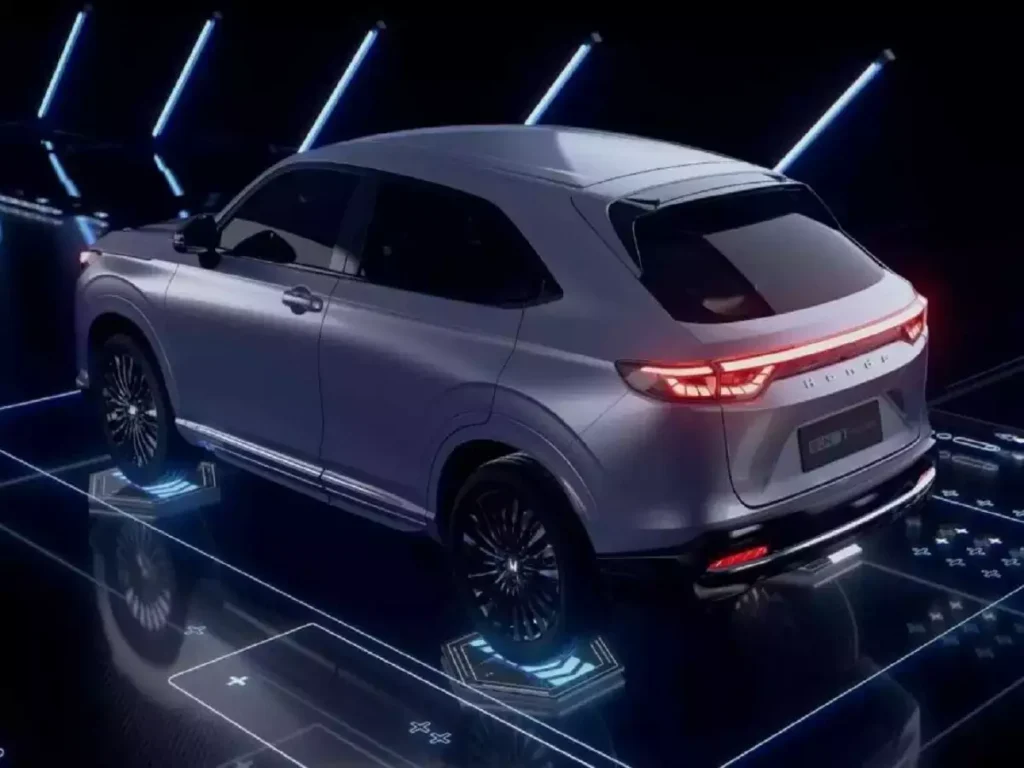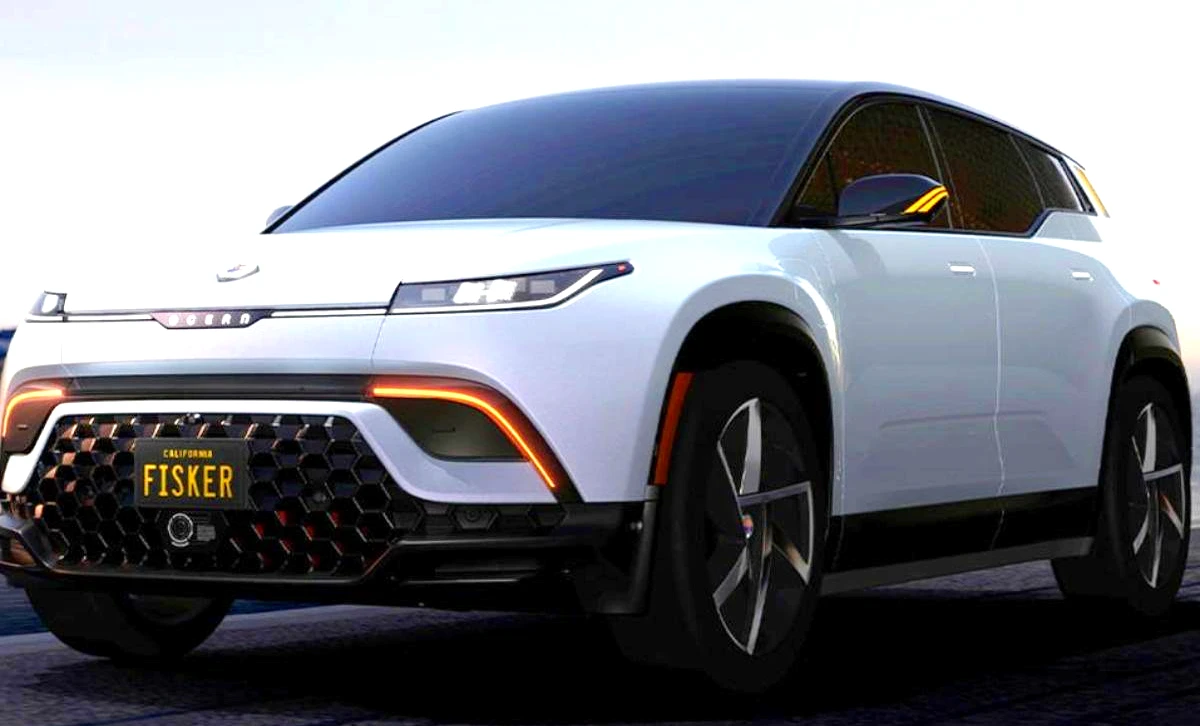The popularity of electric cars is on the rise not just in India, but worldwide. With various electric car options available in the market, people are keen on purchasing one that suits their budget. In October, electric car sales saw a 185% increase in India. The government is offering a subsidy of up to 4.5 lakh rupees on electric car purchases, with additional savings on taxes. The central government also provides a subsidy of 3 lakh rupees. Additionally, state governments offer their own subsidies of up to 1.5 lakh rupees. These savings, combined with reduced fuel costs, make electric car ownership a financially viable option for consumers. If one travels 100 kilometers daily, the savings on fuel alone could amount to nearly 9500 rupees per month.
In India, the government is actively encouraging this shift by offering substantial financial incentives to electric car buyers. One of the most significant incentives comes in the form of a generous subsidy. The Indian government is offering a subsidy of ₹4.5 lakh on the purchase of electric cars, making them an even more attractive option for potential buyers. This move is part of a broader strategy to promote the adoption of cleaner and more sustainable modes of transportation.
Moreover, the central government is stepping up its efforts by providing an additional subsidy of ₹3 lakh for electric car purchases. This initiative highlights the government’s commitment to reducing carbon emissions and promoting green mobility.
State governments across India are also joining the bandwagon by offering their own set of subsidies for electric vehicles. These subsidies can be as high as ₹1.5 lakh, further reducing the cost of acquiring an EV. Such incentives make the prospect of owning an electric car more accessible and financially viable for a larger section of the population.
Besides these subsidies, there are also significant tax benefits associated with electric car purchases. For those opting to take a loan to purchase an electric vehicle, tax savings of up to ₹1.5 lakh can be availed under Section 80EEB of the Income Tax Act. This provision is a boon for buyers, making the overall cost of owning an electric car much more affordable.
Perhaps one of the most compelling reasons to switch to an electric car is the considerable savings on fuel costs. With the rising prices of petrol and diesel, electric cars offer a cost-effective alternative. It is estimated that individuals who travel around 100 kilometers daily can save up to ₹9500 per month by switching to an electric vehicle. This figure is a game-changer for many, especially for those who commute long distances regularly.
Current scenario presents a golden opportunity for those considering the switch to electric cars. With substantial government subsidies, tax savings, and the potential to save big on fuel costs, there has never been a better time to invest in an electric vehicle. The future of transportation is electric, and the journey to a greener, more sustainable world is well underway.

Summery:
– The electric car market is growing globally, with sales increasing by 185% in October this year.
– The Indian government is offering a subsidy of ₹4.5 lakh on electric car purchases, along with additional savings on taxes.
– The central government is offering a subsidy of ₹3 lakh for electric car purchases.
– State governments are also offering subsidies on electric vehicles, up to ₹1.5 lakh.
– Taking a loan to purchase an electric vehicle can also lead to tax savings of up to ₹1.5 lakh under Section 80EEB of the Income Tax Act.
– By switching to an electric car, significant savings can be made on fuel costs, with potential savings of up to ₹9500 per month for people traveling 100 kilometers daily.
